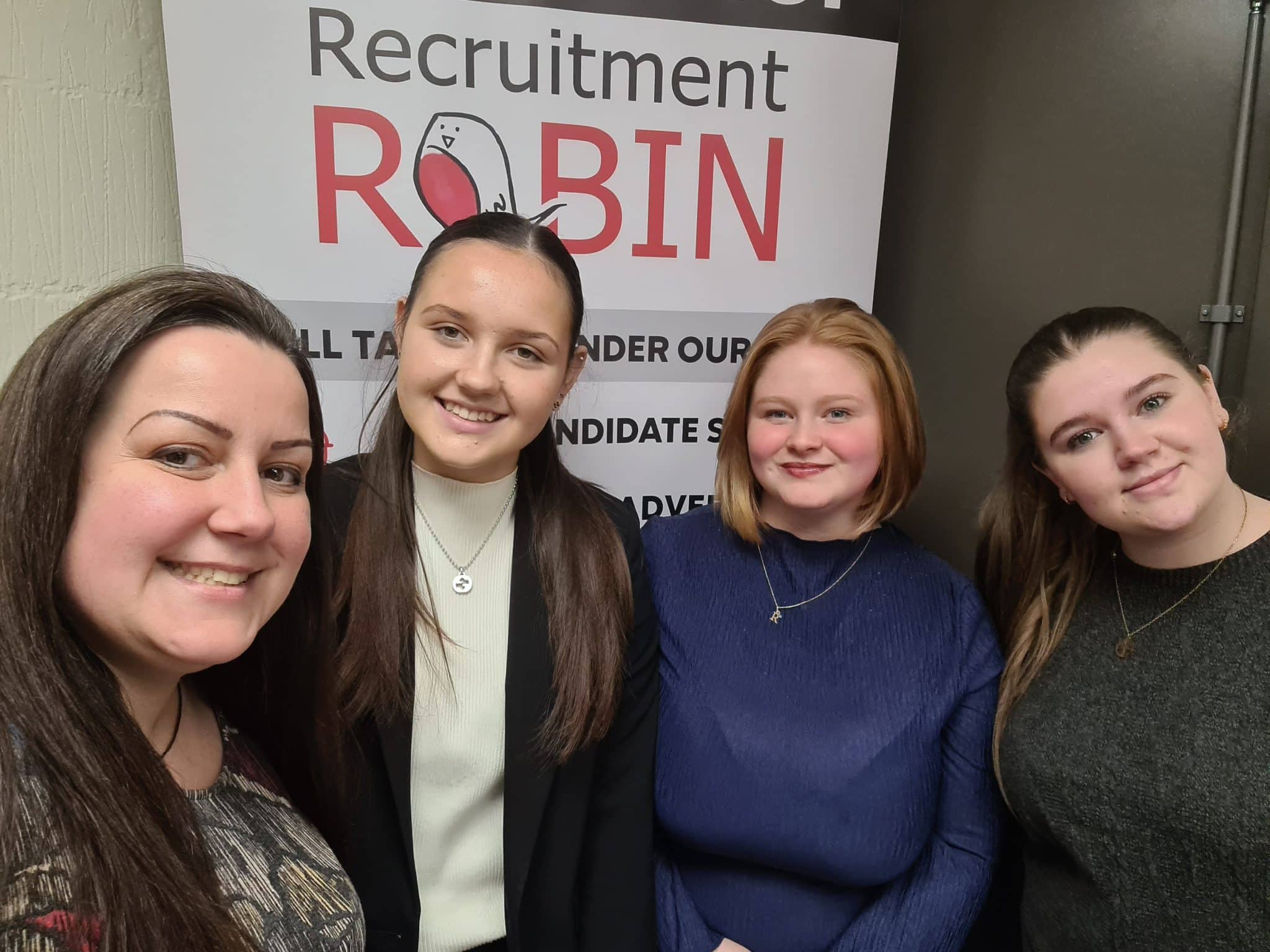In the competitive world of recruitment, companies often turn to multiple agencies to find the best talent.
Although this isn’t unheard of as businesses battle to attract and engage star candidates for their roles, this approach can and sometimes do lead to disputes over candidate ownership, occasionally resulting in potential legal battles and lost opportunities for both the business and the job seeker.
In our latest blog, Recruitment Robin Managing Director and recruitment specialist Selina delves into the intricacies of candidate ownership, exploring how companies can effectively manage their relationships with recruitment agencies to ensure successful hires without unnecessary conflicts.
Candidate Ownership and Contingency Recruitment
The issue of candidate ownership typically arises in contingency recruitment scenarios, where two agencies claim to have introduced the same candidate.
This can lead to both agencies demanding introduction fees which are typically discussed prior to the recruiter seeking out potential candidates for the role and agreed before any recruitment services get underway.
Depending upon the terms and conditions of the contract, these introduction fees can be pricey – especially if you’ve got two recruiters claiming ownership of the same candidate!
Faced with this dilemma, clients may retract job offers to avoid double payments, causing all parties to lose out. To determine who is entitled to the fee, two main principles are considered: contract law and the “effective cause” principle.
Let’s take a look at the legal areas that impact candidate ownership:
Contract Law in Recruitment
When an agency submits a candidate’s details to a client, it constitutes a contractual offer to introduce the candidate. If the client accepts this offer by acting on it and arranging an interview, the agency is generally entitled to an introduction fee.
The client can choose which agency’s introduction to accept based on various factors, such as the agency’s ability to effectively source the right candidate, pre-screening processes, the commercial terms offered, and the existing relationship with the client.
Effective Cause Principle
To avoid the administrative burden of rejecting multiple introductions, some clients adopt a “first to introduce” policy. However, this can encourage poor recruitment practices, such as agencies submitting candidates’ details without their consent.
Instead, the courts favour the “effective cause” principle, which assesses whether the agency played a significant role in the candidate’s employment. This approach is more reliable and discourages unethical behaviour.
Practical Steps for Companies
To manage candidate ownership effectively, companies should adopt clear policies and maintain open communication with their recruitment partners. Here are some practical steps to consider:
Active Rejection of Duplicated Introductions: Clients should promptly inform unsuccessful agencies that their introduction has not been accepted. This helps prevent disputes and ensures transparency.
Evaluate Agencies Based on Performance: Choose agencies that demonstrate thorough candidate screening and provide high-quality candidates. This reduces the likelihood of conflicts and promotes a positive working relationship.
Implement Clear Terms of Business: Ensure that the terms of business with recruitment agencies are explicit about the conditions under which fees are payable. This includes specifying the effective cause principle to avoid misunderstandings.
Legal Precedents in Candidate Ownership
Several legal cases have shaped the understanding of candidate ownership in recruitment. Notable cases include Wallace Hinds and Associates v Lastolite (2000) and Law Staff Legal Recruitment Limited v Just Costs Limited (2009).
These cases highlight the importance of the effective cause principle and demonstrate the courts’ reluctance to uphold a simple “first to introduce” policy.
In Wallace Hinds and Associates v Lastolite, the court examined whether the agency had played an effective role in the candidate’s employment. The agency’s claim was dismissed as they had not contributed significantly to the hiring process.
Similarly, in Law Staff Legal Recruitment Limited v Just Costs Limited, the court ruled against the agency, emphasising the need for an effective cause clause in the terms of business.
Ensuring Fairness and Quality in Recruitment
Understanding candidate ownership is essential for companies to avoid legal disputes and ensure a fair recruitment process. By adopting best practices and maintaining clear communication with recruitment agencies, companies can create a more efficient and ethical hiring environment.
This not only benefits the client but also ensures that candidates find the right opportunities and agencies are rewarded for their efforts.
If you’re navigating the complexities of candidate ownership and seeking a knowledgeable recruitment specialist, Recruitment Robin is here to help.
With our expertise and commitment to ethical recruitment practices, we ensure smooth and successful hiring processes for our clients. Get in touch with us today to learn more about how we can support your recruitment needs.







